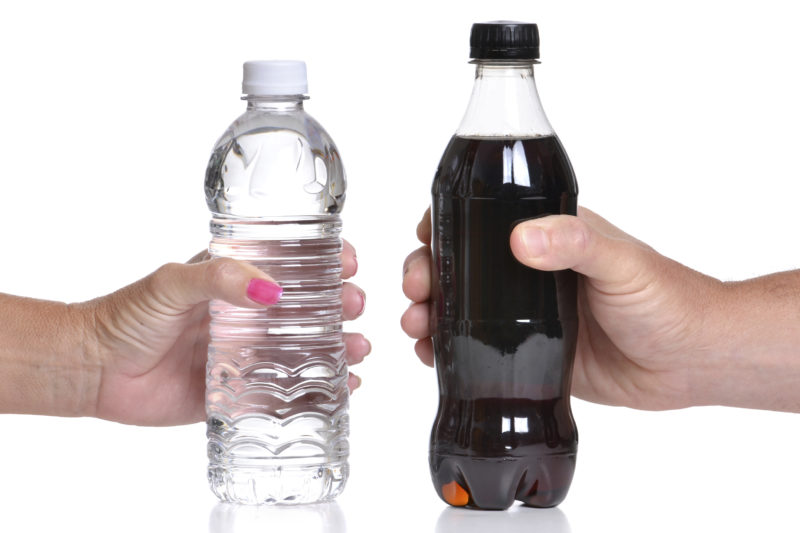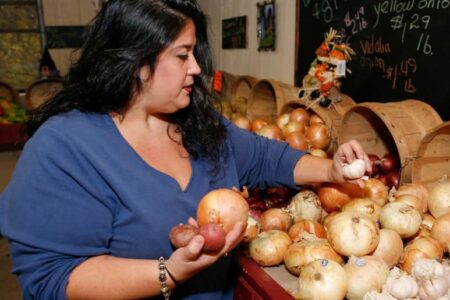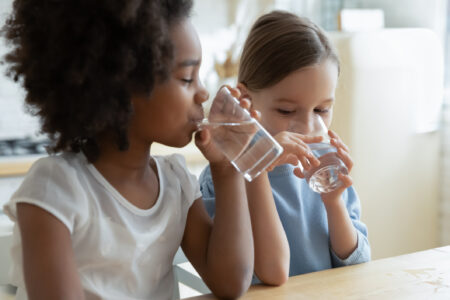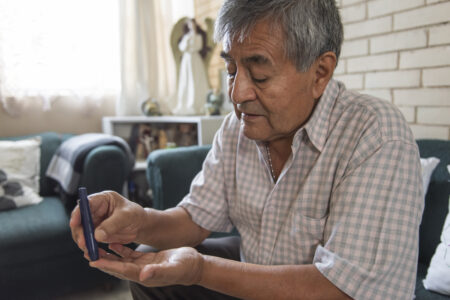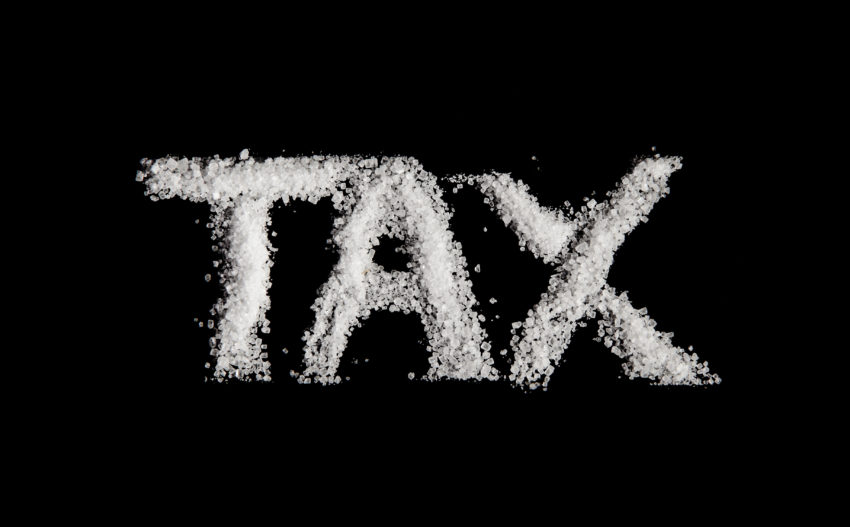
Share On Social!
In Philadelphia, the 1.5-cent-per-ounce Sweetened Beverage Tax on sugary drinks took effect January 2017.
The tax aims to reduce sugary drink consumption and raise funds for health and education programs, such as expanding pre-kindergarten programs and improving parks. The tax also offered a tax credit for companies that sell healthy beverages.
Sugary drinks—soda, sports and energy drinks, sugary fruit juices, and flavored milk—contribute to the obesity and related health disparities facing U.S. Latino kids, according to a Salud America! Research Review.
The beverage industry challenged the tax, calling it unconstitutional.
In July 2018, the tax was upheld.
Update on Soda Tax: It’s Working!
The National Bureau of Economic Research has released two papers that have confirmed that the soda tax is indeed working.
The first paper looked at the impact of the tax and product availability.
The paper found the tax is being passed on to consumers, which in turn has stores in Philadelphia carrying fewer of the taxed beverages and more bottle water since the sugary drink tax went into place.
The second paper examined the impact of the tax on purchases and consumption by both children and adults.
The data revealed that children who were drinking roughly 20 ounces of soda a day before the tax dropped their added sugar consumption by 22%. To put this number in perspective, 20 oz of soda a day is 15 times more than the recommended limit.
As a medical doctor, I see the impact sugary drinks have. Through research, we know half of adults, two-thirds of youth, and nearly half of young children – 2- to 5-year-olds – consume at least one sugary drink a day. Just one 12-ounce soda contains about 10 teaspoons of added sugar. This has led to a health crisis. In fact, every year, 40,000 people in the United States die from heart problems because of consuming too many sugary drinks. It is a good thing that Philadelphia stores are carrying fewer sugary beverages and more bottled water; it is a good thing consumers are changing behaviors; and it’s a good thing jobs have not been impacted, wrote Dr. Paul Mather, M.D., in a commentary.
Additionally, a Drexel University study showed that Philadelphians were 40% less likely to drink a sugary drink and 58% more likely to drink bottle water than their peers in other cities.
“This means Philadelphia residents are responding to the pass-through of the beverage tax in the healthiest way, by switching from sweetened drinks to water,” said Mike Dunn, a spokesman for Mayor Jim Kenney, in an email to Next City responding to findings from the two latest reports.
“This added health benefit would mean a decrease in the number of Philadelphians affected by diabetes and heart disease. Philadelphia has the highest proportion of residents with diabetes of any big city in America.”
Can This Be Done in Other Cities?
Changing the price of sugary drinks is a rising option to reduce consumption.
A sugary drink tax is in place in Berkeley, Calif. The tax has proven success. Voters approved other initiatives in five other localities in California, Colorado, and Illinois in November 2017.
More cities could be on the way, but state preemption of local policies is a growing barrier.
Learn how others are reducing sugary beverage consumption and promoting water!
Explore More:
WaterBy The Numbers
142
Percent
Expected rise in Latino cancer cases in coming years

